Understanding the Quick Spoilage of Organic Produce: Tips for Prolonging Freshness
Picture this: you bring home a bag of vibrant organic apples, excited to enjoy their natural goodness, only to find them soft and spotted just days later. I’ve been there, and it’s a shared frustration for those of us who choose organic for its health and environmental benefits. The quicker spoilage often stems from organic farming’s commitment to avoiding synthetic preservatives and chemical treatments. Factors like natural pesticides, peak ripeness, and higher moisture content contribute to this. Yet, the rewards of organic produce—like reduced pesticide exposure and supporting sustainable farming—are worth it. Let’s explore why this happens and how we can keep our organic choices fresh longer.
Understanding the Difference Between Organic and Conventional Produce
Organic produce is grown with a deep respect for nature, avoiding synthetic pesticides, fertilizers, and GMOs. This method nurtures the soil, potentially leading to produce that’s richer in nutrients. Yet, without synthetic chemicals, organic fruits and vegetables are more vulnerable to pests and spoilage. This vulnerability is a key reason why organic produce tends to spoil more quickly than conventional options.
On the other hand, conventional produce often benefits from chemical treatments that enhance growth and resilience. These treatments include synthetic pesticides and fertilizers, which protect crops from pests and diseases, ultimately extending their shelf life. The use of GMOs in conventional farming can also bolster durability and resistance to spoilage. While these methods can prolong the freshness of conventional produce, they may introduce synthetic substances into our food.
The dedication to soil health and biodiversity in organic farming can indeed result in nutrient-rich produce. However, this commitment also leaves organic produce more exposed to environmental factors and spoilage. The natural methods embraced by organic farming, while environmentally friendly and potentially beneficial for our health, don’t provide the same level of protection against spoilage as the chemical treatments used in conventional farming. This fundamental difference explains why organic produce may spoil faster than its conventional counterparts.
Key Reasons Why Organic Produce Spoils Faster
The Role of Chemical Treatments in Shelf Life
Conventional produce benefits from chemical treatments that significantly enhance its resilience and longevity. These treatments act as a protective barrier against spoilage, extending the shelf life of the produce. In contrast, organic produce does not utilize these synthetic chemicals, adhering instead to natural growth methods. This lack of chemical protection makes organic produce more vulnerable to spoilage, as it lacks the artificial resilience that conventional produce possesses.
How Natural Pesticides and Limited Synthetic Substances Affect Freshness
Organic farming allows the use of natural pesticides and a limited range of synthetic substances. While these align with organic principles, they are generally less effective than conventional methods in preventing spoilage. Natural pesticides provide some level of protection but may not be as robust in warding off spoilage-causing bacteria. This results in organic produce being more susceptible to freshness degradation over time, as it lacks the comprehensive protection offered by conventional chemical treatments.
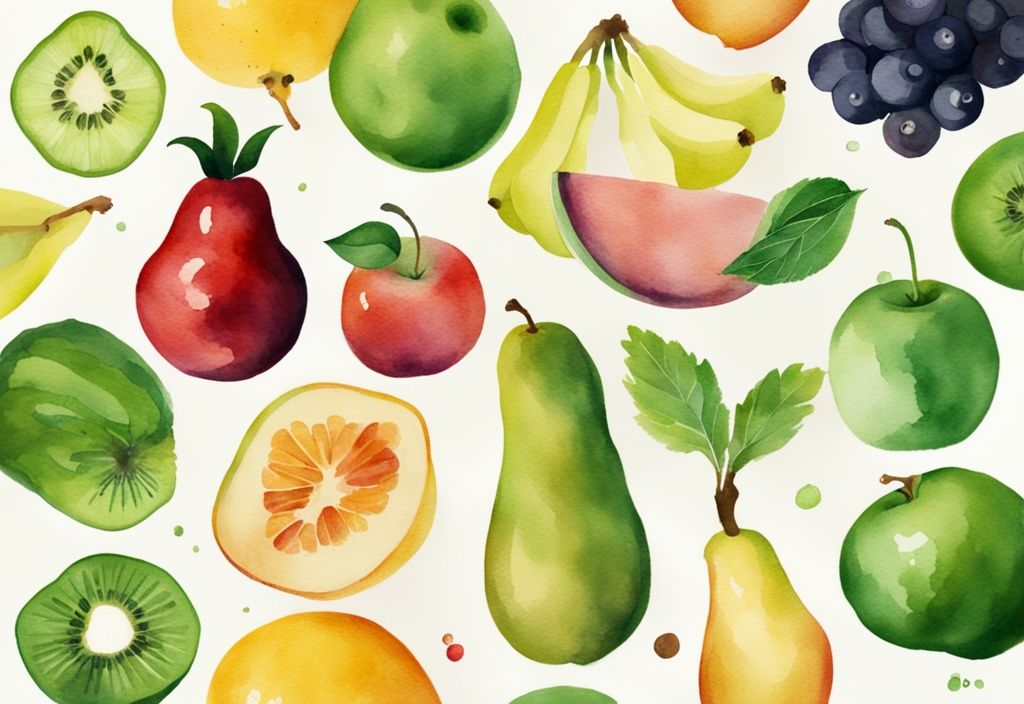
The Impact of Distribution and Handling on Organic Produce
The distribution systems for organic produce are often less developed compared to those for conventional produce. This can lead to delays, resulting in reduced freshness by the time organic produce reaches store shelves. Additionally, handling practices play a crucial role in determining the shelf life of organic produce. Careful handling can mitigate some of the vulnerabilities, potentially extending freshness. However, any mishandling during transportation or storage can significantly accelerate spoilage.
Does Harvesting at Peak Ripeness Shorten Shelf Life?
Organic produce is frequently harvested at peak ripeness to ensure optimal flavor and nutrient content. While this practice enhances the taste and health benefits, it also means that the produce is more perishable by the time it reaches consumers. The window for storage and consumption is reduced, as peak ripeness accelerates the natural spoilage process. This trade-off between flavor and shelf life is a key reason why organic produce may spoil more quickly than its conventional counterparts.
How Higher Respiration Rate Affects Organic Produce Freshness
Organic produce typically exhibits a higher respiration rate, which contributes to faster spoilage. Respiration is a natural process involving the intake of oxygen and the release of carbon dioxide, heat, and water. This metabolic activity accelerates the breakdown of organic matter, leading to quicker spoilage. The higher respiration rate in organic produce is a significant factor in its reduced shelf life compared to conventional produce.
Why Absence of Genetic Modification Leads to Faster Spoilage
Conventional produce often includes genetically modified organisms (GMOs) engineered to enhance shelf life. These modifications can delay spoilage, providing a longer window for storage and consumption. Organic produce, however, does not incorporate GMOs, adhering to natural genetic structures. This absence of genetic modification can contribute to a shorter shelf life, as organic produce lacks the engineered resilience found in some conventional varieties.
Does Higher Moisture Content in Organic Produce Lead to Faster Spoilage?
Organic produce often contains higher moisture content due to natural irrigation methods. While this can enhance flavor and texture, it also creates an environment conducive to bacterial growth and spoilage. The increased moisture levels in organic produce accelerate the spoilage process, as bacteria thrive in such conditions. This is another factor contributing to the quicker spoilage of organic produce compared to conventional options.
How Vulnerability to Elements and Bacteria Affects Organic Produce Shelf Life
Without the use of harsh chemicals, organic produce is more vulnerable to environmental elements and bacteria. Organic farming practices prioritize environmental health, which can sometimes increase susceptibility to spoilage. The absence of synthetic protective barriers makes organic produce more exposed to natural spoilage agents, leading to a shorter shelf life. This vulnerability is a key reason why organic produce may spoil more quickly than conventional produce. When considering kitchen tools for preserving the freshness of foods, it’s also interesting to compare the benefits of different materials, like in the debate of stainless steel vs ceramic cookware.
How to Extend the Freshness of Your Organic Produce
Organic produce, renowned for its health benefits and environmental friendliness, often spoils faster than conventional options. However, with a few mindful practices, you can keep your organic fruits and veggies fresh for longer.
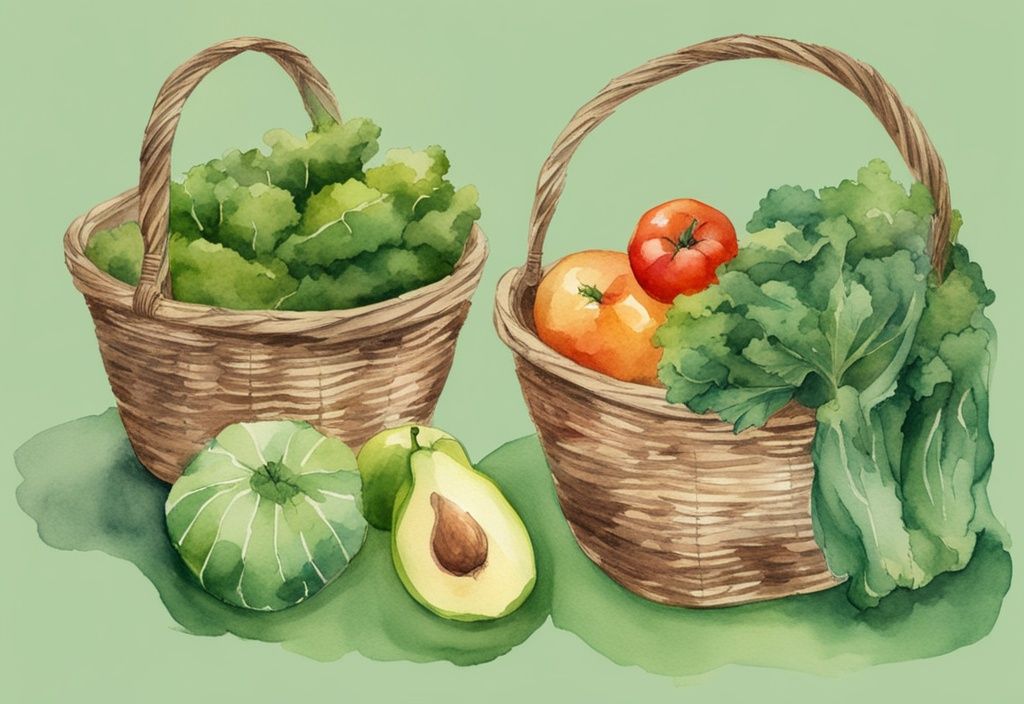
Why Buying Locally Could Help
Purchasing organic produce from local farmer’s markets can significantly enhance its freshness. By reducing transportation time, local produce often reaches you shortly after harvest, minimizing the time spent in transit. This swift journey from farm to table ensures that the produce retains its peak nutritional value and flavor. Additionally, supporting local farmers not only benefits the community but also contributes to a more sustainable food system. By choosing local, you’re investing in fresher, more vibrant produce that has a reduced environmental footprint.
Proper Storage Techniques for Organic Produce
Storing organic produce correctly is crucial to maintaining its freshness and extending its shelf life. Refrigeration is essential for slowing down the respiration process, which can otherwise lead to quicker spoilage. Use breathable bags or containers to store your produce, as these help maintain the right moisture balance without trapping excess humidity, which can accelerate decay. By creating an optimal storage environment, you can enjoy your organic produce for longer, reducing waste and maximizing its health benefits.
Handling Organic Produce with Care to Maintain Freshness
Gentle handling of organic produce is vital to prevent bruising and damage, which can hasten spoilage. When you handle your fruits and vegetables with care, you minimize the risk of physical damage that can lead to faster deterioration. It’s also advisable to wash organic produce only before consumption. Washing it prematurely can introduce moisture, which may promote spoilage during storage. By following these careful handling practices, you can preserve the quality and freshness of your organic produce, ensuring it remains a healthy and delicious choice.
FAQ
Understanding why organic produce might spoil faster than conventional options can help you make informed choices. Let’s explore some common questions:
Does organic produce always spoil faster than conventional?
Not necessarily. From my own experience, I’ve noticed that factors like distribution, handling, and storage play a significant role in how long both organic and conventional produce last. It’s not just about whether it’s organic or not.
How can I tell if my organic produce is still fresh?
I’ve found that checking for signs of spoilage like discoloration, mold, or an off smell is crucial. Fresh organic produce should feel firm and look vibrant. Trust your senses; they often know best.
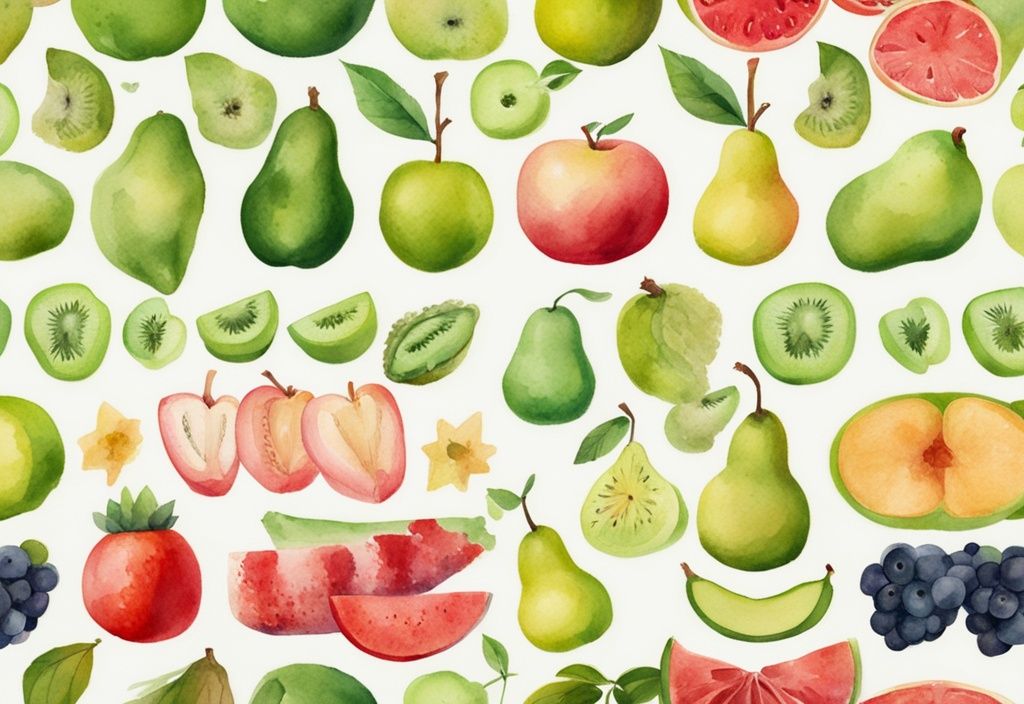
What are the best storage practices for organic produce?
Storing organic produce properly has made a big difference for me. Keep it in a cool, dry place or refrigerate it. Use breathable containers and avoid washing until you’re ready to use it. This helps maintain its freshness.
Is organic produce worth the investment despite its shorter shelf life?
In my journey towards healthier living, I’ve found organic produce to be worth the investment. The benefits, like fewer toxic additives and higher antioxidant levels, are significant. Many of us feel it’s a valuable choice for our health and well-being.
Conclusion
Understanding why organic produce spoils more quickly than conventional options is crucial for consumers aiming to make informed decisions. Organic produce is cultivated without synthetic pesticides, fertilizers, or genetic modifications, which, while beneficial for health and the environment, can lead to a shorter shelf life. This is primarily because organic farming emphasizes natural growth methods, resulting in produce that is more susceptible to spoilage due to factors like higher moisture content, increased respiration rates, and vulnerability to elements and bacteria.
Despite these challenges, organic produce remains a viable and healthy choice. By adopting proper storage and handling techniques, consumers can significantly extend the freshness of their organic fruits and vegetables. Simple practices such as purchasing locally, storing produce in appropriate conditions, and handling with care can make a substantial difference. Local purchases reduce transportation time, ensuring that produce reaches consumers while still fresh. Proper storage, such as refrigeration and using breathable containers, helps maintain moisture balance and slows down spoilage. Additionally, gentle handling minimizes bruising and damage, further preserving the quality of organic produce.
Ultimately, while organic produce may have a shorter shelf life, the benefits of fewer toxic additives and higher nutrient content make it a worthwhile investment for many. By understanding the reasons behind its quicker spoilage and implementing effective storage strategies, consumers can enjoy the health advantages of organic produce without compromising on freshness.
Hi, I’m Olivia Green, the voice behind nontoxicways.com. I’m passionate about helping you make the shift to a healthier, non-toxic lifestyle without feeling overwhelmed. I love sharing my personal journey, from small changes to big transformations, along with practical tips that make it all feel doable. My goal is to inspire and guide you toward a lifestyle that benefits both your well-being and the planet. Let’s take this journey together, one simple step at a time!
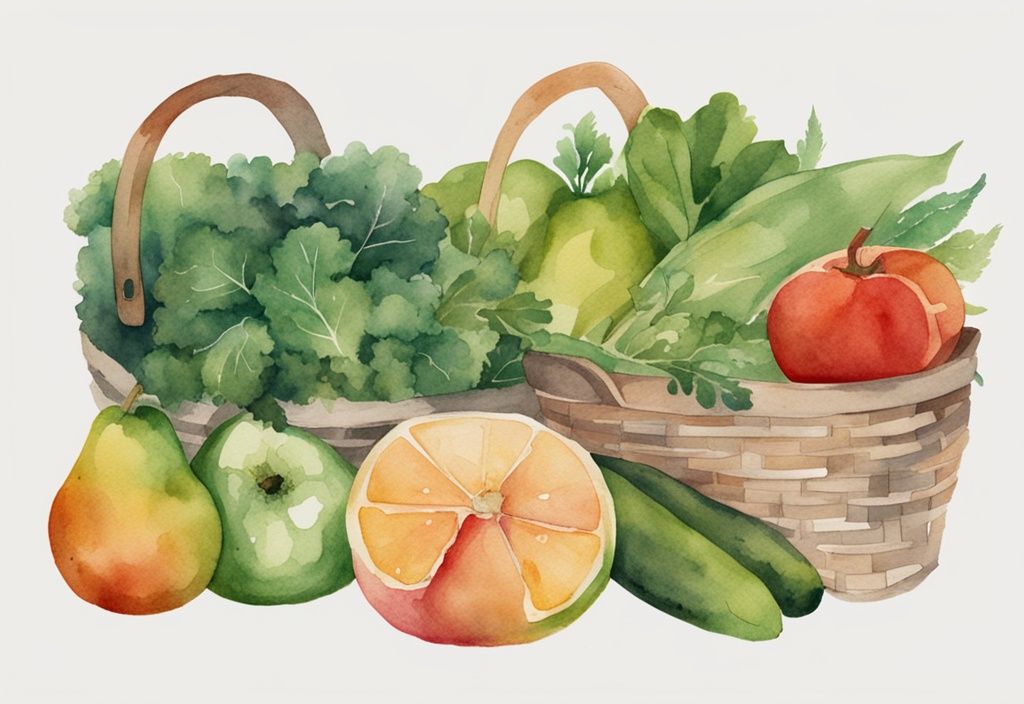
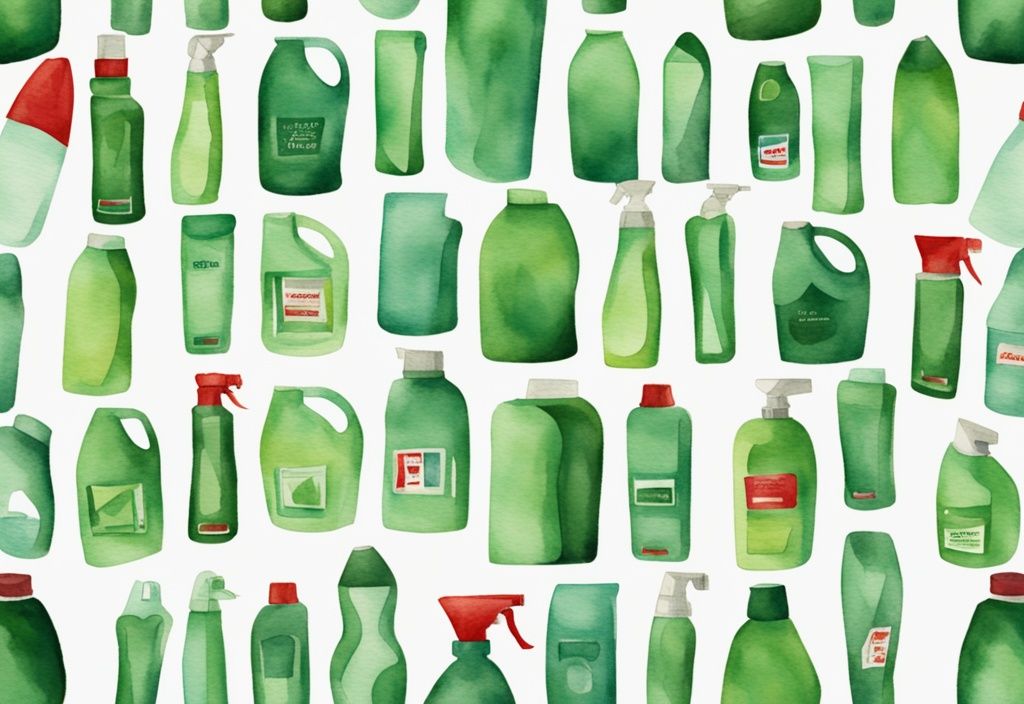

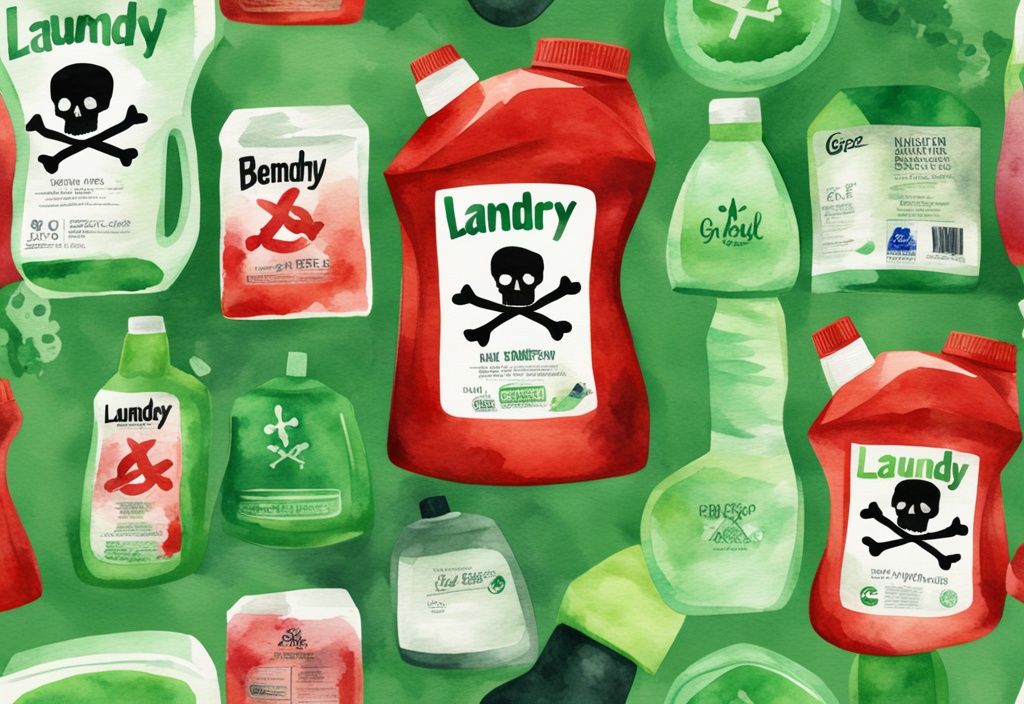
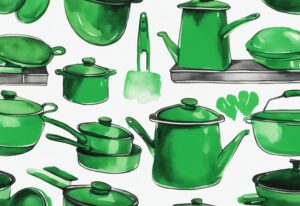


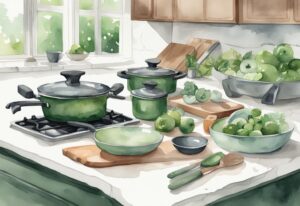
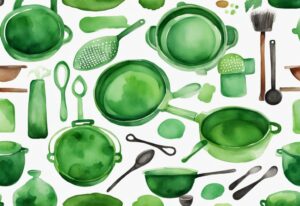
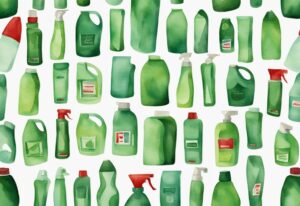

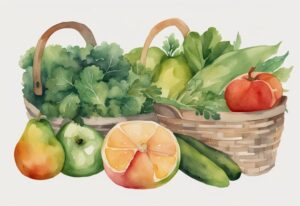
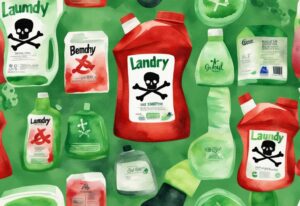
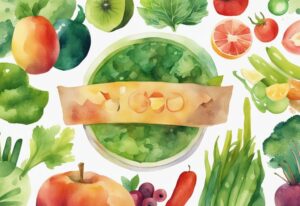
Post Comment